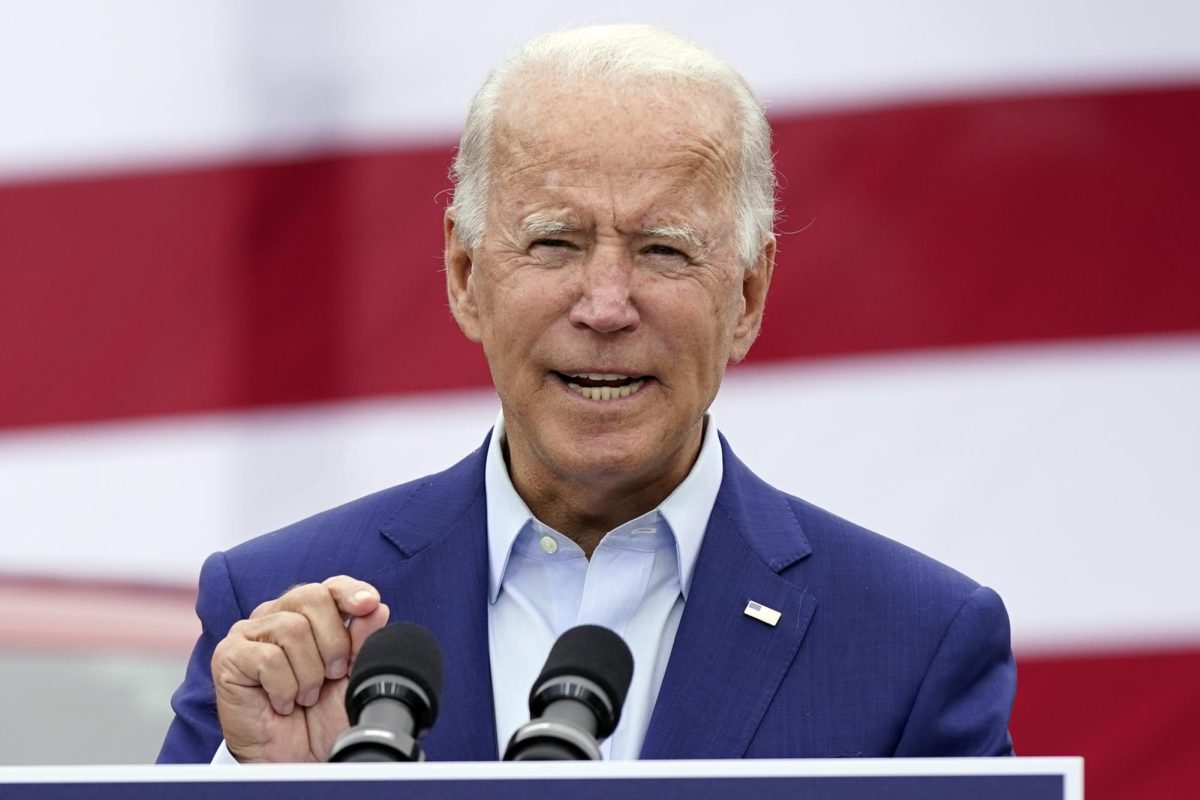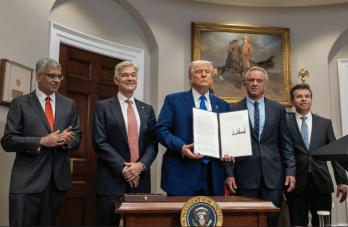In the history of U.S. foreign policy, President Joe Biden’s tenure has emerged as an important chapter characterized by unprecedented challenges and bold strategic responses. Over the course of just three years, Biden and his administration have orchestrated a transformative phase in U.S. global engagement, steering the nation through the COVID-19 pandemic and political unrest. During this era marked by geopolitical rivalries, environmental crises and shifting alliances, his administration has brought a renewed seriousness to U.S. foreign-policy that stands in sharp contrast with the chaos of the Trump era.
Environmental Policies:
Under President Biden’s leadership, the United States has re-engaged in global climate governance efforts, notably rejoining the Paris Agreement on climate change and making significant pledges alongside the EU to reduce methane emissions. However, challenges in domestic implementation hindered the administration’s ability to secure stricter commitments on greenhouse gas emissions at the COP26 conference.
Immigration and Border Security:
On his first day in office, Biden proposed the U.S. Citizenship Act of 2021, a comprehensive immigration reform bill that proposed changes in immigration policy sought to reverse key Trump-era measures. This included lifting the travel ban on certain Muslim-majority countries and ending the “Remain in Mexico” policy which forbade asylum seekers to wait in the U.S. for their court hearings. However, his administration has struggled to deter migrant flows or establish secure legal channels promised by the bill. Notably, Deferred Action for Childhood Arrivals (DACA) was reinstated and Temporary Protected Status (TPS) was extended for several countries facing crises. A review of asylum policies was also conducted. On April 13th, 2023, Biden announced plans to expand health coverage for DACA recipients by proposing a rule that redefines “lawful presence” to include DACA recipients, making them eligible for Medicaid and Affordable Care Act coverage for the first time.
Afghanistan Withdrawal:
While a definitive assessment of the ongoing issues is impossible, the case of Afghanistan is different. The swift takeover by the Taliban has shattered any illusion that the U.S. withdrawal, originally agreed to by Trump but executed by Biden, was anything else other than an unequivocal defeat. Biden seems to have determined that ignoring the pledge made by his predecessor would have led to renewed attacks against U.S. troops thereby warranting more resources in a country secondary to U.S. strategic interests. However, it has hardly benefited Afghanistan, which is in the midst of a humanitarian catastrophe following the collapse of the internationally-funded government in Kabul.
Russia Relations:
The Biden administration has coordinated extensively with its European allies attempting to put together a coherent response to Russia’s threatening posture towards Ukraine. Along with NATO, the United States has presented Russia with a set of proposals on arms control, transparency and confidence-building measures, while rejecting Russian demands that NATO abandon its open-door policy and scale down its military deployments in Central and Eastern Europe. The US administration further assured the EU that an escalation in Ukraine would trigger wide-ranging economic sanctions.
Transatlantic Relations:
Biden’s relations with European allies have witnessed both ups and downs. Europeans, resenting the lack of substantive consultation over the withdrawal from Afghanistan and France, reacted furiously to the AUKUS deal–which canceled Australia’s pre-existing contract for purchasing French-made submarines. Yet, the general trend has been positive, with the United States and Europe converging on climate, global minimum tax, and China. Lifting the steel and aluminum tariffs and suspending those related to the Airbus-Boeing dispute, both of which had been adopted during the Trump years, has also been significant for the US-EU relations.
Trade Policies:
The Biden administration is actively shaping a worker-centered trade policy amidst global economic challenges. Key officials, including U.S. Trade Representative Katherine Tai, Treasury Secretary Janet Yellen, and Commerce Secretary Gina Raimondo, advocate for approaches such as “friendshoring” to shift supply chains from China to allies and ensuring next-generation technologies are made in the U.S. New agreements like the Indo-Pacific Economic Framework and the Trade and Technology Council reflect these strategies.
This article also appears in our October 2023 print edition.














